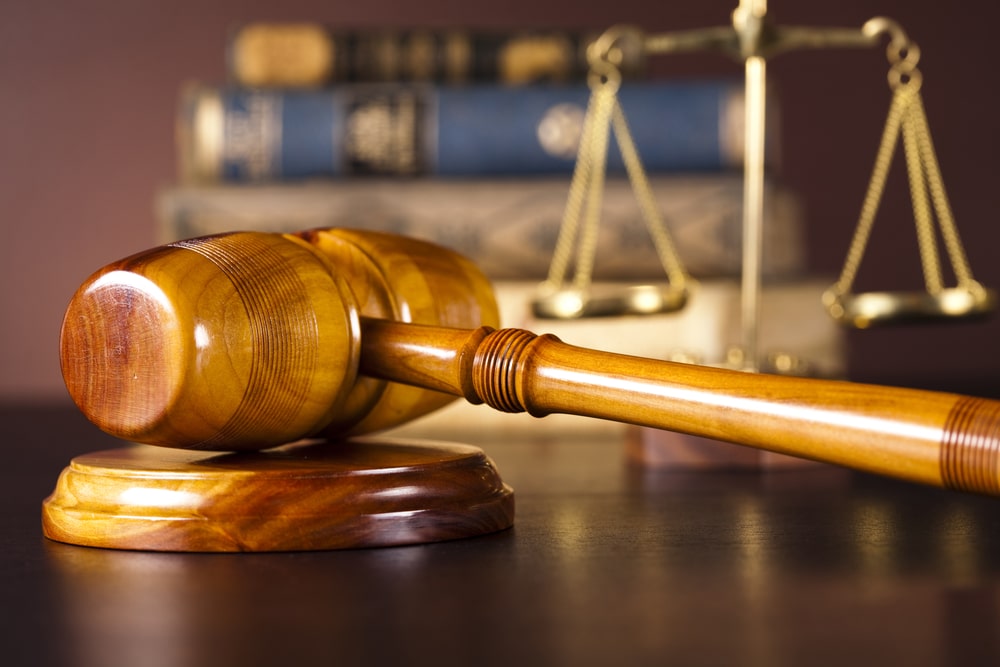Corporate Governance And Making Decisions
Corporate Governance And Decision-Making
Corporate governance is the structure allowing people to make decisions and run company operations. A structure may look good on paper, but if the people involved don’t make informed decisions for the business that effectively address its needs and goals, corporate governance isn’t doing the company much good. You need a viable system of corporate governance and people who are willing and able to make the best decisions to run a successful business.
What Is Corporate Governance?
Corporate governance encompasses the rules, practices, and processes by which a company is directed and controlled. It sets the stage for ethical behavior, transparency, and accountability of an organization. Effective corporate governance ensures that a company’s stakeholders, including shareholders, executives, customers, and the broader community, can trust the business.
Considerations For Corporate Governance Include:
- Board of Directors: The board oversees the company’s strategic direction and decision-making. An independent and diverse board is crucial to preventing conflicts of interest, bringing a range of perspectives to the table, and making the best decisions possible
- Ethical Framework: A lawyer, like a business partnership lawyer knows that an ethical foundation is critical to functional corporate governance. Companies firmly committed to ethical conduct prioritize integrity, fairness, and responsibility. This fosters trust among stakeholders and contributes to long-term business sustainability. It also reduces the chances the business will fall victim to out-of-control management and the lawsuits they can cause
- Transparency and Disclosure: Transparent communication and the comprehensive disclosure of financial and non-financial information to stakeholders are signs of effective corporate governance. This builds trust among investors, customers, and the public and may be part of compliance with laws and regulations
- Risk Management: Wisely managing risk is integral to corporate governance. Boards must identify, assess, and mitigate risks to protect stakeholders’ interests. Effective risk management empowers decision-makers to navigate uncertainties and challenges
Corporate governance is a tool to reach business goals. Decision-making is how the people involved in governance use that tool to benefit the company.
Steering The Business Away From Problems And Towards Profitability
Decision-making determines a business’ path, growth, and success. It involves assessing options, considering risks, and aligning choices with the company’s mission and goals. The quality of decision-making is linked with the strength of corporate governance and the abilities and willingness of those in positions of power to make appropriate decisions.
Issues Concerning Decision-Making Include:
- A well-governed company will have decision-makers who understand their roles and are accountable for their choices. This fosters a culture of responsibility and diligence in decision-making
- Decision-makers should consider stakeholder interests. They can be shareholders, employees, customers, suppliers, and the community. This should limit decisions that focus on short-term gains at the expense of long-term success
- Decision-making should be flexible and responsive to change. Boards and executives are empowered to make timely, creative decisions that foster a culture of innovation and adaptability. Agility is critical to navigating our complex and rapidly evolving business environment
This all sounds good on paper, but decision-makers can be torn on what they should do, balancing between change and the tried-and-true, trying to take advantage of new opportunities while not jeopardizing existing success. Our friends at Focus Law LA understand that making decisions is essential to corporate governance, and doing it well can be difficult. If you are looking for legal guidance, contact your local law office for help now.







 If you are going through an issue with an ex that involves your child, you may want to consider meeting with a family lawyer about your situation. When you are no longer together with your partner but are raising a child together, there are a number of difficult situations and challenges that can arise. You may be willing to make a compromise, but the other person is not. Once issues become legal issues and affect your rights, talking to a lawyer is highly beneficial. There are many parenting issues that a lawyer can help you resolve.
If you are going through an issue with an ex that involves your child, you may want to consider meeting with a family lawyer about your situation. When you are no longer together with your partner but are raising a child together, there are a number of difficult situations and challenges that can arise. You may be willing to make a compromise, but the other person is not. Once issues become legal issues and affect your rights, talking to a lawyer is highly beneficial. There are many parenting issues that a lawyer can help you resolve. 